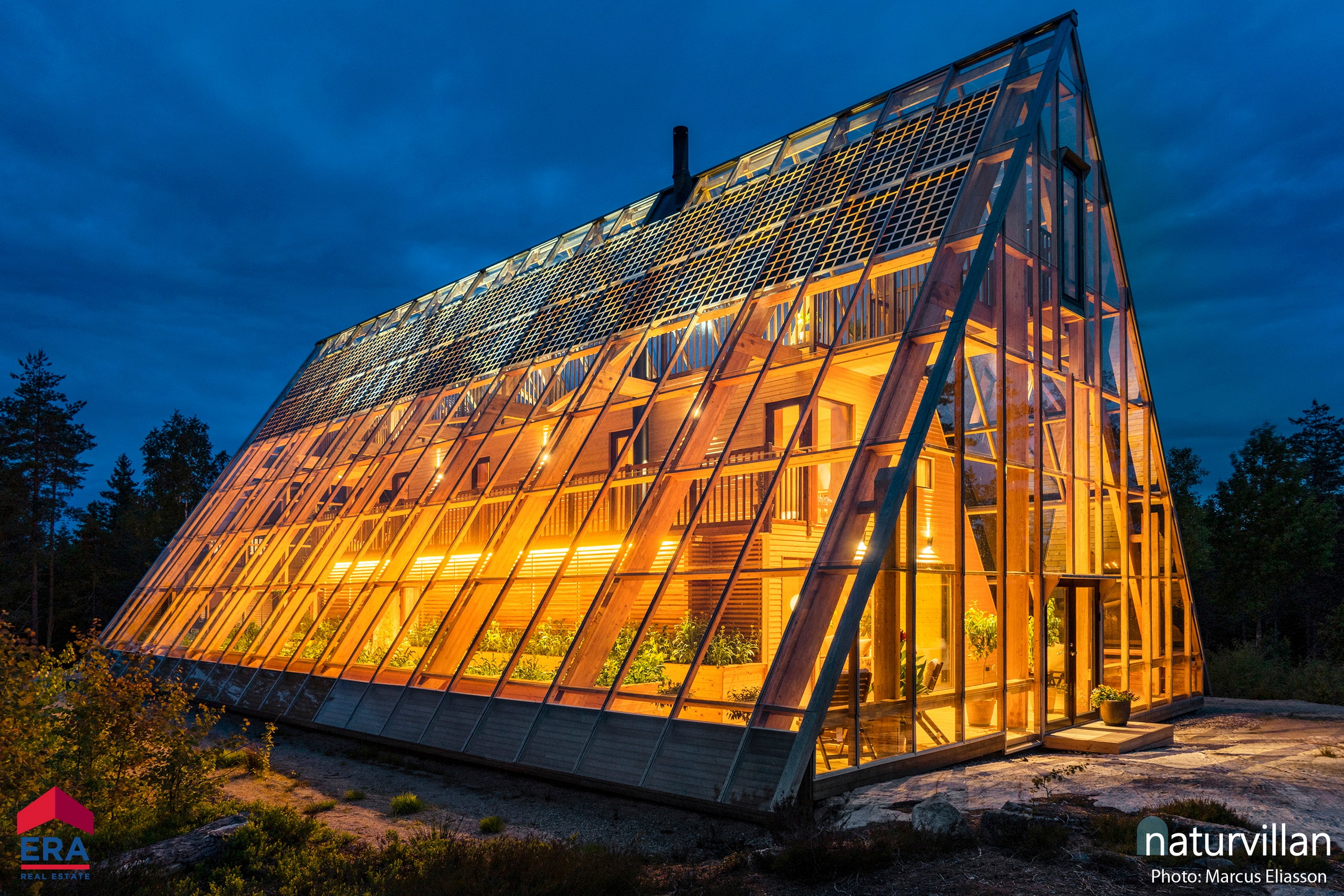Off the grid living homes represent a growing movement towards self-sufficiency and environmental consciousness. These homes, designed to operate independently of traditional utility services, offer a unique lifestyle characterized by resourcefulness and a connection with nature. This guide explores the various aspects of designing, building, and maintaining a successful off-grid dwelling, from energy solutions and water management to waste disposal and community integration.
From tiny homes nestled in forests to earthships built into hillsides, the diversity of off-grid living arrangements is as vast as the motivations behind them. This exploration delves into the practical considerations, the potential challenges, and the undeniable appeal of embracing a life less reliant on conventional infrastructure. We’ll examine the technological solutions, the lifestyle adjustments, and the long-term implications of choosing an off-grid existence.
Lifestyle and Community Aspects: Off The Grid Living Homes
Embracing off-grid living represents a significant lifestyle shift, demanding adaptability and resourcefulness. While offering unparalleled independence and connection with nature, it also presents unique challenges that prospective homesteaders must carefully consider. This section explores the multifaceted aspects of off-grid community life, examining the trade-offs between self-sufficiency and the support networks crucial for long-term success.Off-grid living presents a compelling alternative to traditional lifestyles, characterized by self-reliance and a reduced environmental footprint.
However, the rewards of this independent existence come at a cost, both financially and in terms of lifestyle adjustments. A deeper examination reveals the complexities inherent in this choice, including the crucial role of community and the essential skills necessary for thriving in this unique environment.
Challenges and Rewards of Off-Grid Living
The transition to off-grid living is not without its hurdles. Individuals must contend with the physical demands of maintaining their homes and infrastructure, including water collection and purification, energy generation and management, and waste disposal. Weather-related events can pose significant challenges, requiring preparedness and resilience. Conversely, the rewards are equally substantial. Many off-gridders cite increased self-sufficiency, a stronger connection with nature, and a greater sense of community as significant benefits.
The reduced reliance on external systems fosters a deeper understanding of ecological principles and promotes sustainable living practices. The slower pace of life, often associated with off-grid living, can contribute to improved mental well-being.
Cost Comparison: Off-Grid vs. Traditional Housing
Building and maintaining an off-grid home typically involves higher upfront costs compared to traditional housing. The need for specialized systems, such as solar panels, water wells, and septic systems, adds considerably to the initial investment. However, long-term operational costs can be significantly lower, depending on energy efficiency and resource management. For instance, a family relying solely on solar power will avoid monthly electricity bills, while those harvesting rainwater will reduce or eliminate water utility expenses.
The overall cost comparison depends heavily on location, specific system choices, and individual lifestyle. A well-planned off-grid home, designed for energy efficiency, can ultimately prove more cost-effective in the long run.
The Importance of Community Support and Resource Sharing, Off the grid living homes
Community plays a vital role in successful off-grid living. Sharing knowledge, resources, and tools fosters resilience and reduces the burden on individual households. Cooperative efforts in areas such as bulk purchasing of supplies, shared maintenance of equipment, and mutual assistance during emergencies are common practices within many off-grid communities. This collaborative spirit strengthens social bonds and contributes to the overall well-being of the community.
For example, a group might collectively maintain a shared workshop, allowing members to repair equipment and share specialized skills. The sense of belonging and mutual support inherent in these communities is often cited as a significant benefit of this lifestyle.
Essential Skills and Knowledge for Off-Grid Living
Successfully navigating off-grid living requires a diverse skillset and a deep understanding of various systems. Proficiency in these areas significantly impacts the comfort, safety, and sustainability of the lifestyle.
- Basic Home Maintenance and Repair: Plumbing, electrical work, carpentry, and general home repairs are essential for addressing everyday issues.
- Renewable Energy Systems: Understanding solar power, wind energy, or other renewable energy sources is crucial for reliable energy generation.
- Water Management: Knowledge of well maintenance, water purification, and rainwater harvesting is vital for securing a safe and consistent water supply.
- Gardening and Food Preservation: Growing food and preserving the harvest are key to food security and self-sufficiency.
- Waste Management: Implementing composting, greywater recycling, and responsible waste disposal is crucial for environmental stewardship.
- Emergency Preparedness: Developing a comprehensive plan for handling emergencies, including power outages, natural disasters, and medical situations, is paramount.
Embarking on the journey of off-grid living requires careful planning, resourcefulness, and a commitment to sustainable practices. While challenges exist, the rewards – self-sufficiency, environmental responsibility, and a deeper connection with nature – are compelling for many. This guide provides a foundation for understanding the complexities involved, empowering individuals to make informed decisions and build a fulfilling life off the grid.
Investigate the pros of accepting off grid living reddit in your business strategies.

